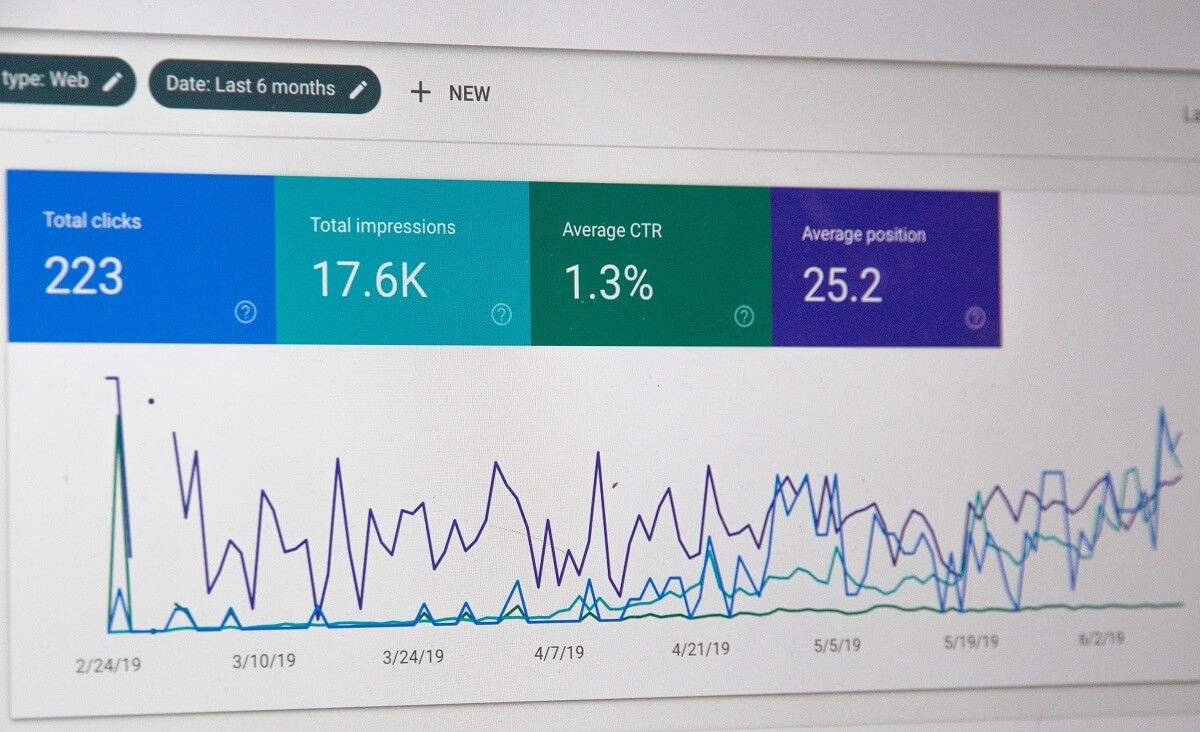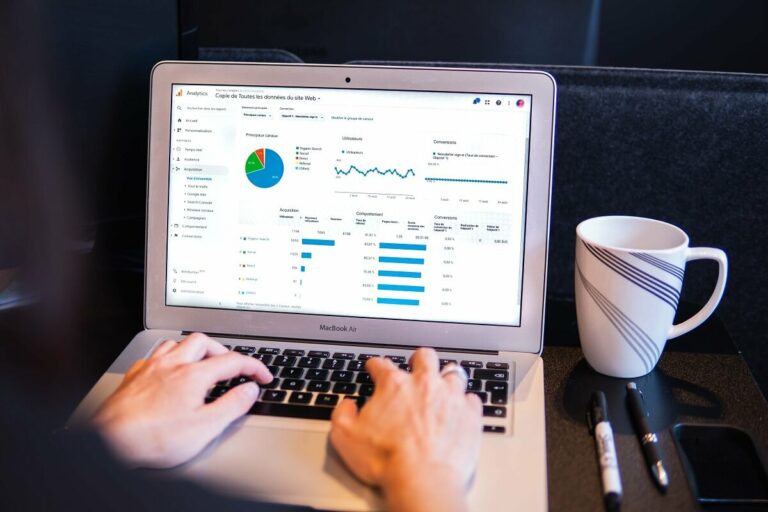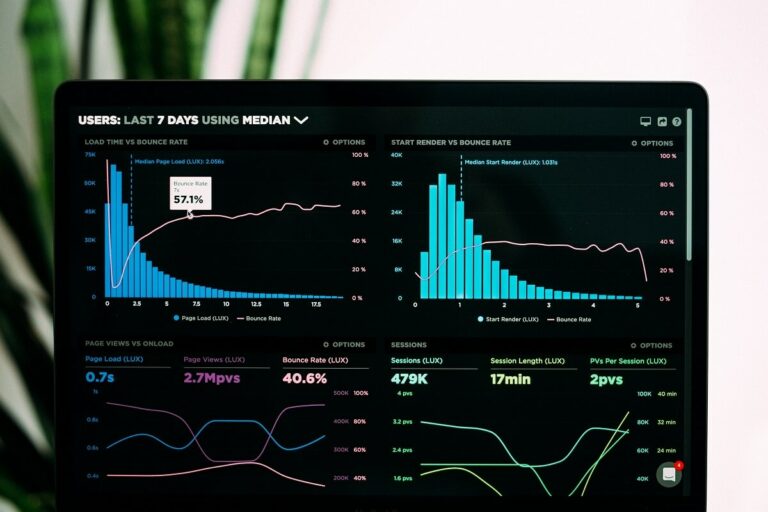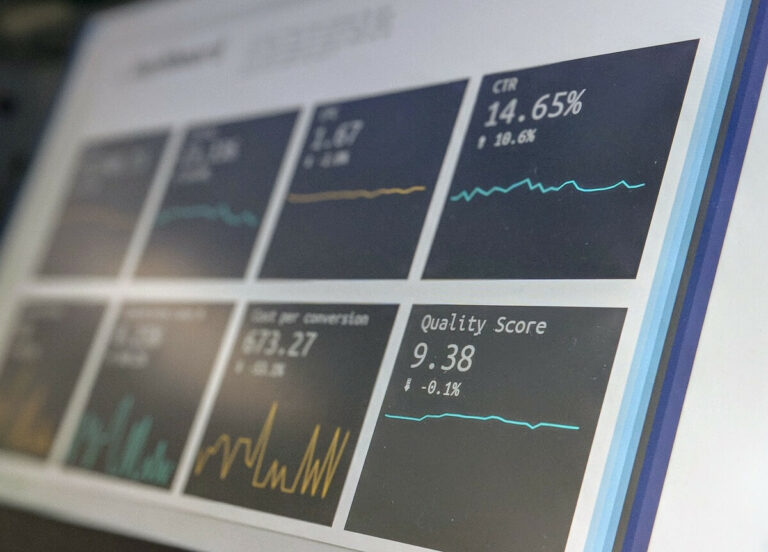SEO Data: What is it, and how can it help your business?
In today’s digital age, search engine optimization (SEO) has become essential to online marketing. Businesses of all sizes and industries invest in SEO to improve their website’s visibility and attract more organic traffic from search engines. However, to succeed in SEO, website owners and SEO professionals need to have access to accurate and up-to-date SEO data. This data includes information on website traffic, keyword rankings, backlinks, and more and is essential for making informed decisions about SEO strategy and tactics. This article will explore the different types of SEO data, their applications, and the tools available to monitor and analyze them.
What are some of the most common types of SEO data?
Search engine optimization (SEO) constantly evolves, with new metrics and data points emerging. Some essential types of SEO data include organic traffic, organic impressions, organic rankings, backlinks, organic click-through rate (CTR), keyword monthly search volume, and page speed. Here is a closer look at each of these vital SEO data points.
1. Organic traffic
Organic traffic refers to the number of visitors that come to a website from search engine results pages (SERPs) without clicking on paid advertisements. This type of traffic is considered the most valuable, as it typically represents people actively looking for something related to a website’s products or services.
2. Organic impressions
Organic impressions refer to the number of times a website’s pages appear in search engine results pages. This metric is important because it shows how often a website is visible to potential visitors of Google search results. However, it is essential to note that impressions do not always translate into clicks or visits.
3. Organic rankings
Organic rankings refer to a website’s position in search engine results pages for specific keywords or phrases. This metric is important because it shows a website’s visibility for particular search terms. Higher rankings generally lead to more organic traffic and more business opportunities.
4. Backlinks
Backlinks refer to links from other websites to a particular website. Search engines view backlinks as a sign of a website’s authority and relevance. Websites with more high-quality backlinks are generally more authoritative and will therefore rank higher on search engine results pages.
5. Organic CTR
Organic CTR refers to the percentage of people who click on a website’s link in search engine results pages. This metric is important because it shows how effectively a website’s titles and meta descriptions attract clicks. A higher organic CTR can increase organic traffic and better SEO performance.
6. Keyword monthly search volume
Keyword monthly search volume refers to the number of times a specific keyword or phrase is searched for in a given month. This metric is important because it shows how many people look for information about a website’s products or services. Website owners can increase their visibility and attract more organic traffic by targeting keywords with high search volumes.
7. Page speed
Page speed refers to how quickly a website’s pages load. This metric is important because search engines prioritize websites that load quickly. Websites with faster page speeds rank higher in search engine results pages and attract more organic traffic.
By tracking and analyzing these metrics, website owners can make data-driven decisions to improve their SEO performance and achieve their online marketing goals.
What are some of the applications of SEO data?
Search engine optimization (SEO) data can be used to improve a website’s online visibility and search engine rankings. Here are some of the most common applications of SEO data:
1. Keyword research
Keyword research is one of the most important aspects of SEO, and SEO data can help website owners identify the best keywords to target in their content. By analyzing search volumes and competition levels for different keywords, website owners can choose the most relevant and valuable keywords to target. This helps ensure that their content is optimized for search engines and has a better chance of ranking well on search results pages.
2. Content creation
Once website owners have identified the best keywords to target, they can use SEO data to create high-quality, optimized content. By analyzing search terms and user behavior metrics, website owners can create content relevant to their target audience and optimized for search engines. This helps attract more organic traffic to their website and increase engagement.
3. Link building
Link building is another vital aspect of SEO, and SEO data can help identify opportunities for building high-quality backlinks. By analyzing backlinks to competitors’ websites, website owners can identify authoritative websites that may be willing to link back to their websites. This can improve their website’s authority and search engine rankings.
4. On-page optimization
On-page optimization refers to optimizing a website’s on-page elements, such as titles, descriptions, and meta tags. SEO data can help website owners optimize these elements with relevant keywords to improve their website’s visibility in search engine results pages. By optimizing on-page elements, website owners can ensure their website is more likely to appear in relevant search results pages.
SEO data can help businesses identify opportunities to optimize their website’s content and on-page elements to improve search engine rankings. For example, by analyzing keyword rankings and organic traffic data, businesses can identify pages that are performing well and create more content around those keywords to drive even more traffic. They can also optimize meta tags, headings, and other on-page elements to improve relevance and search engine rankings.
5. Website performance
SEO data can also be used to monitor a website’s performance and identify issues that may negatively affect search engine rankings. By tracking website traffic, bounce rates, and other metrics, website owners can identify areas where their website can be improved to increase user engagement and search engine rankings. This helps ensure their website performs at its best and attracts the most organic traffic possible.
6. Competitive analysis
SEO data can help businesses analyze competitors’ SEO strategies and tactics to identify opportunities to improve performance. For example, by analyzing competitors’ backlink data and keyword rankings, businesses can identify high-quality websites linking to their competitors and reach out to those sites to request backlinks. They can also identify keywords that competitors are ranking for and optimize their content to target those keywords.
7. Monitoring progress
SEO data can help businesses track their progress over time and measure the effectiveness of SEO campaigns. By monitoring metrics such as organic traffic, keyword rankings, and backlinks, businesses can identify trends and adjust their SEO strategy accordingly to improve their search engine performance.
What are some of the SEO tools to monitor SEO data?
Many SEO tools are available to monitor SEO data and help website owners and SEO professionals optimize their websites for major search engines. Here are some of the most popular SEO tools for monitoring SEO data:
1. SEMrush
SEMrush is an all-in-one SEO tool that provides data on keyword rankings, backlinks, website traffic, and more. It also includes tools for identifying competitors’ keywords, analyzing website traffic, and optimizing on-page elements.
2. Google Analytics
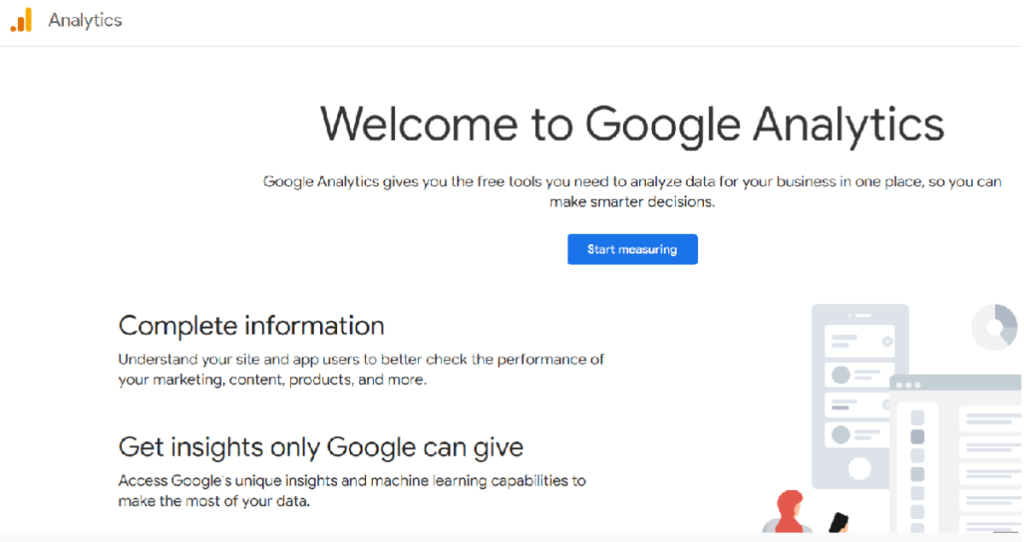
Google Analytics is a free tool that provides detailed data about website traffic, including the number of visitors, page views, bounce rates, and more. It also includes data on user behavior, such as how long users stay on a website and which web pages they visit.
3. Google Search Console
Google Search Console is a free tool that provides data about a website’s search engine performance, including organic search traffic, keyword rankings, and click-through rates. It also includes tools to help website owners monitor and improve their website’s performance in search engine results pages.
4. Ahrefs

Ahrefs is a popular SEO tool that provides data on backlinks, keyword rankings, organic search traffic, and more. It also includes tools for analyzing historical data on competitors’ websites and identifying link-building opportunities.
5. Moz
Moz is an SEO tool that provides data on keyword rankings, website traffic, and backlinks. It also includes tools for tracking website performance and identifying opportunities for on-page optimization and link building.
6. Yoast SEO
Yoast SEO is a popular WordPress plugin that helps website owners optimize their websites for search engines. It includes tools for analyzing content for SEO, optimizing meta tags and titles, and more.
7. Ubersuggest
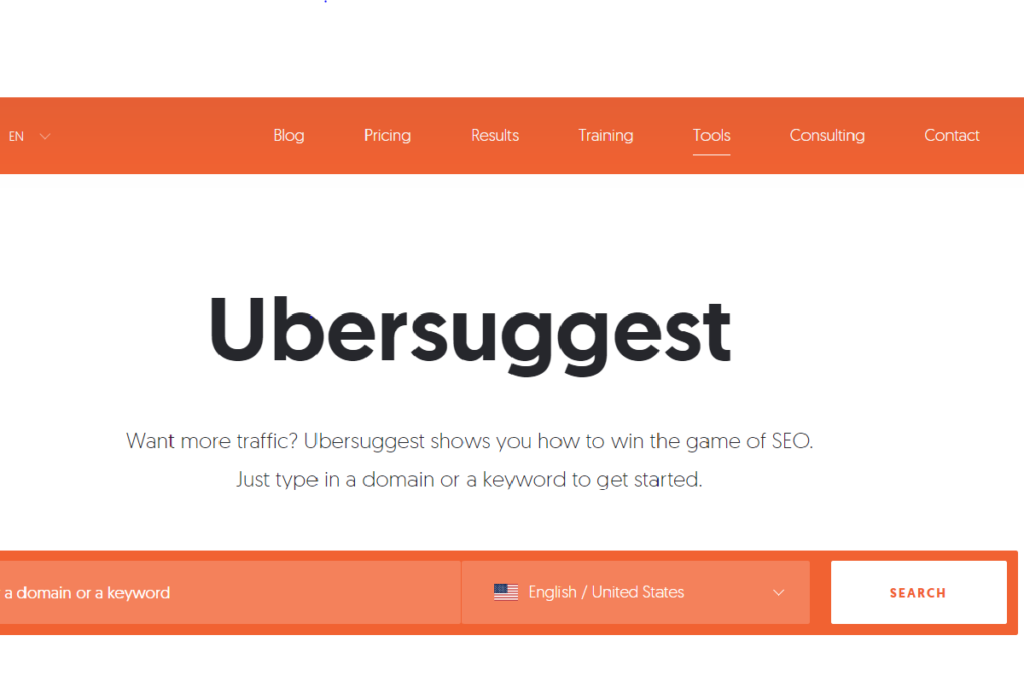
Ubersuggest is an SEO tool that provides keyword rankings, backlinks, and website traffic data. It also includes tools for analyzing competitors’ websites and identifying opportunities for content creation and link building
8. Screaming Frog
Screaming Frog is a website crawler that provides data on website performance, including broken links, duplicate content, and more. It can help website owners identify issues that may negatively affect their search engine rankings.
9. Majestic
Majestic is an SEO tool that provides data on backlinks, including the number of referring domains, the trust and citation flow of those domains, and more. It also includes tools for analyzing competitors’ websites and identifying link-building opportunities.
10. SERPstat
SERPstat is an all-in-one SEO tool that provides data on keyword rankings, backlinks, website traffic, and more. It also includes tools for identifying competitors’ keywords, analyzing website traffic, and optimizing on-page elements.
11. BrightEdge
BrightEdge is an enterprise-level SEO tool that provides data on keyword rankings, website traffic, and backlinks. It also includes tools for tracking website performance and identifying opportunities for on-page optimization and link building.
12. Raven Tools
Raven Tools is an SEO tool that provides data on keyword rankings, website traffic, and backlinks. It also includes tools for monitoring website performance and identifying opportunities for on-page optimization and link building.
13. DeepCrawl
DeepCrawl is a website crawler that provides data on website performance, including broken links, duplicate content, and more. It can help website owners identify issues that may negatively affect their search engine rankings..
14. Mangools

Mangools is a comprehensive and affordable SEO toolset that includes various features such as keyword research, backlink analysis, rank tracking, and more. Its user-friendly interface and Keyword Explorer tool enable users to identify the best keywords for their content, while SiteProfiler helps analyze backlink profiles and identify top pages. The rank tracking tool enables users to monitor their website’s progress and identify areas for improvement.
15. RankMath
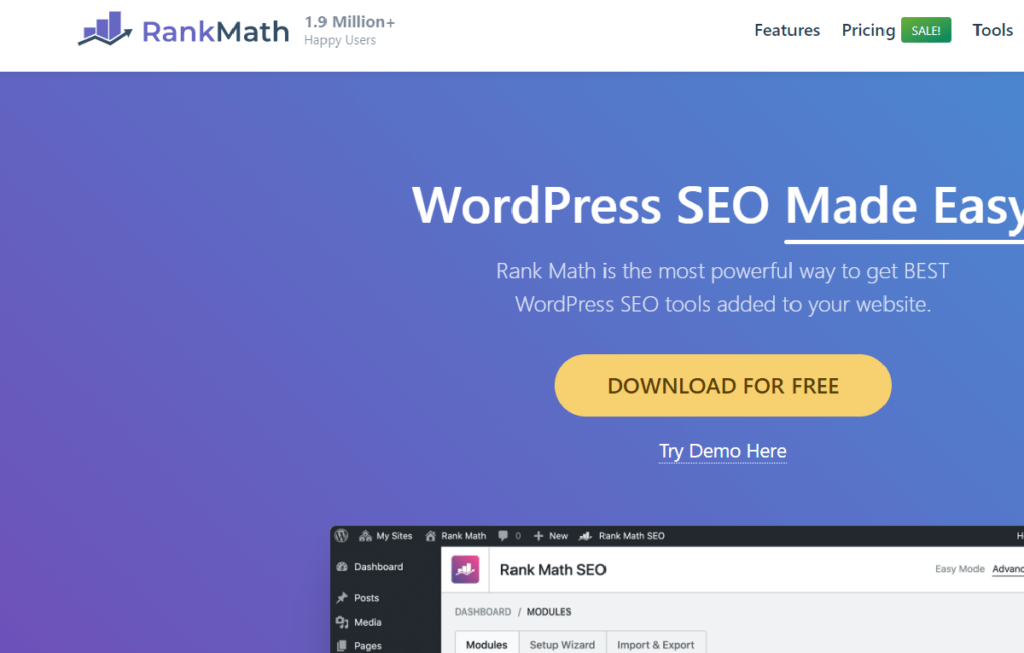
RankMath is a comprehensive WordPress SEO plugin that offers users a variety of tools to optimize their website’s search engine rankings. Its on-page optimization tool analyzes a website’s pages and provides actionable suggestions for improving content, including optimizing title tags, meta descriptions, and other on-page elements. Additionally, its keyword research tools enable users to identify the best keywords to target in their content. RankMath also offers a powerful schema markup tool that allows users to add rich snippets and other structured data to their website, improving visibility in search engine results pages.
Conclusion
Overall, SEO data provides businesses with valuable insights into how their website or web page performs in search engine results pages and how they can improve their online visibility and attract more organic traffic. By leveraging SEO data, businesses can make data-driven decisions to optimize their website’s content, improve user experience, and increase engagement and conversions.

